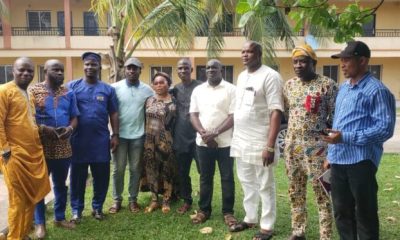EPE News
Oloja Of Epe Reveals Historical And Cultural Significance Of Kilajolu Festival
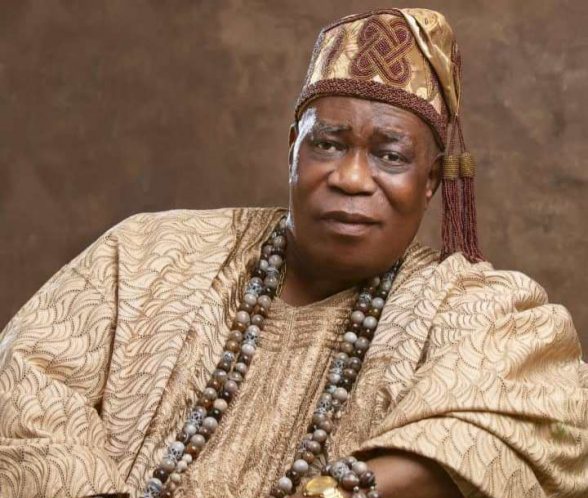
-
Eebi Festival is an annual festival that is celebrated in Epe
-
Eebi Festival showcases the culture-rich Kilajolu masquerade
-
Kilajolu masquerade symbolises the end of slave trade in Epe
Eko Hot Blog reports that the Oloja of Epe land, Oba Kamorudeen Ishola Animashaun, has revealed the origins and profound significance of the Kilajolu festival.
EDITOR’S PICKS
He made the revelation in an enlightening interview with Eko Hot Blog.
Speaking passionately about the festival’s historical roots, the Oloja emphasized its pivotal role in combating the scourge of slavery and preserving Epe’s cultural heritage.
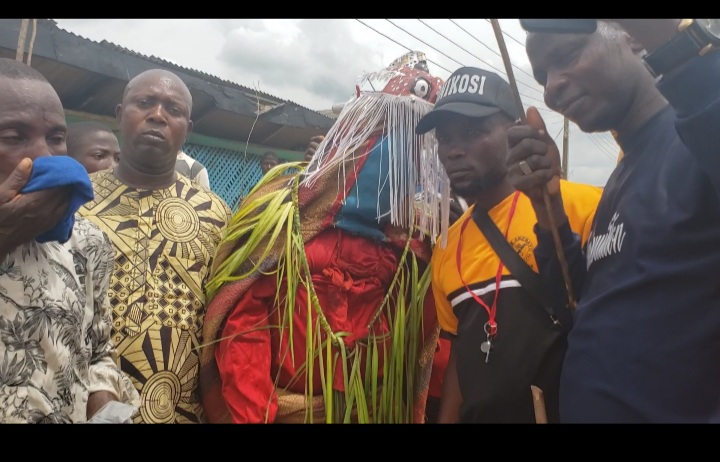
“Kilajolu was born out of Eebi festival,” stated Oba Animashaun, highlighting the festival’s genesis.
He explained that its primary importance lies in its instrumental role in ending the slave trade in Epe land.
Recounting the bravery of their forefathers, he recounted how the conflict with slave traders, which was settled in Epe, prompted the mandatory observance of Kilajolu rituals and festivities annually.
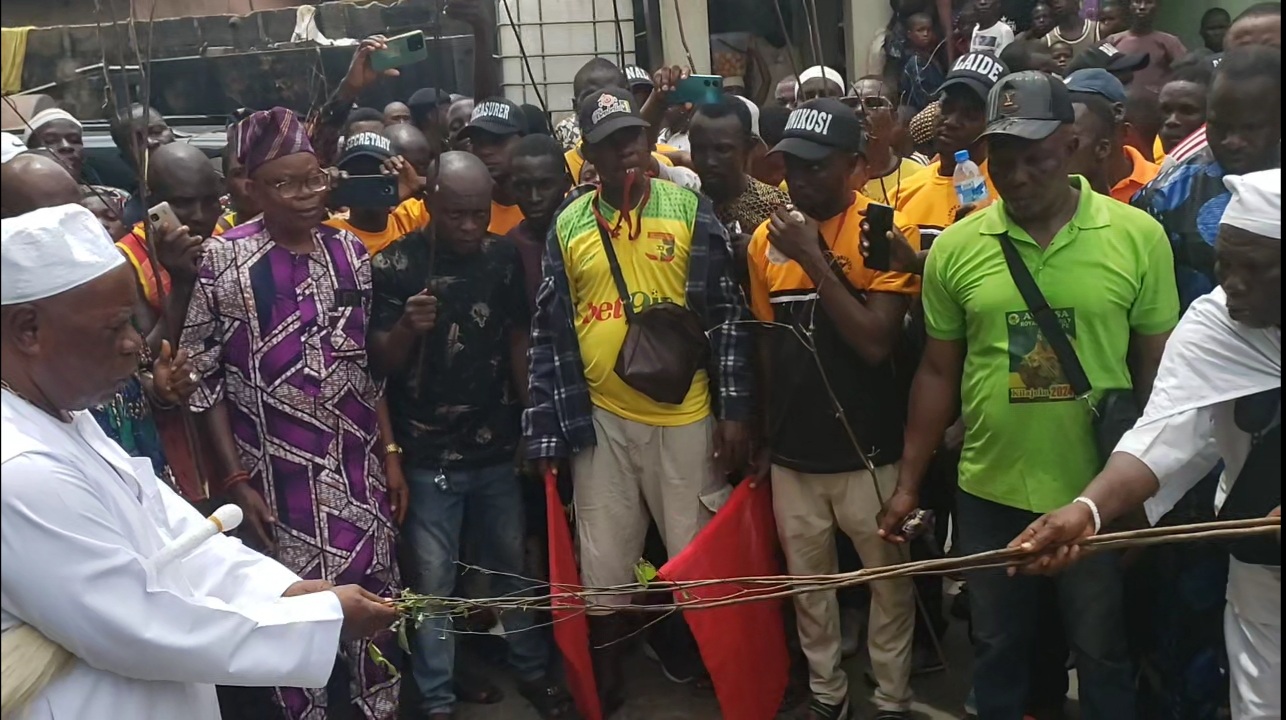
The Oloja recounted a poignant chapter in Epe’s history, detailing how the community’s ancestors valiantly opposed the transportation of people as slaves to Badagry via waterways.
“They fought so hard, and the fight led to the end of the slave trade,” he emphasized.
The conflict, involving three groups led by the Alausa group and supported by community elders, culminated in the defeat of the slave traders and the ritualistic burial of their leader’s head.

Explaining the symbolic exchange of canes during the festival, the Oloja elucidated, “The king has to give orders before people embark on a journey.”
He clarified that the presentation of the Kilajolu cane seeks permission for safe travels, while the exchange of another cane signifies the bestowal of authority and blessings from the king.
Furthermore, the ritualistic beating of participants during the festival serves as a poignant reminder of the ancestral struggle against enslavement.

With attendees from diverse backgrounds converging to partake in the festivities, Kilajolu remains a cherished aspect of Epe’s cultural identity.
Touching upon Epe’s spiritual heritage, Oba Animashaun highlighted the reverence for various deities such as Jigo, Ajeye, Ajera, and Agbo.

He noted the cessation of certain practices like omoko and Ajo, attributing it to evolving beliefs and customs.
FURTHER READING
-
Guinness World Record: Tunde Onakoya Begins Marathon Chess In New York. Here’s How To Watch Him Live
-
Saraki Ally And Former Kwara Senator Rafiu Ibrahim Is Dead
-
VIDEO: Four Buildings Collapse As Fire Guts 14 Structures On Lagos Island
In his closing remarks, the Oloja urged the indigenes of Epe to foster unity and collaboration with the government, emphasizing the importance of collective efforts for societal progress and well-being.
As the Kilajolu festival continues to be celebrated with fervour and reverence, it stands as a testament to Epe’s resilience, triumph over adversity, and enduring commitment to its cultural legacy.
See Photos:
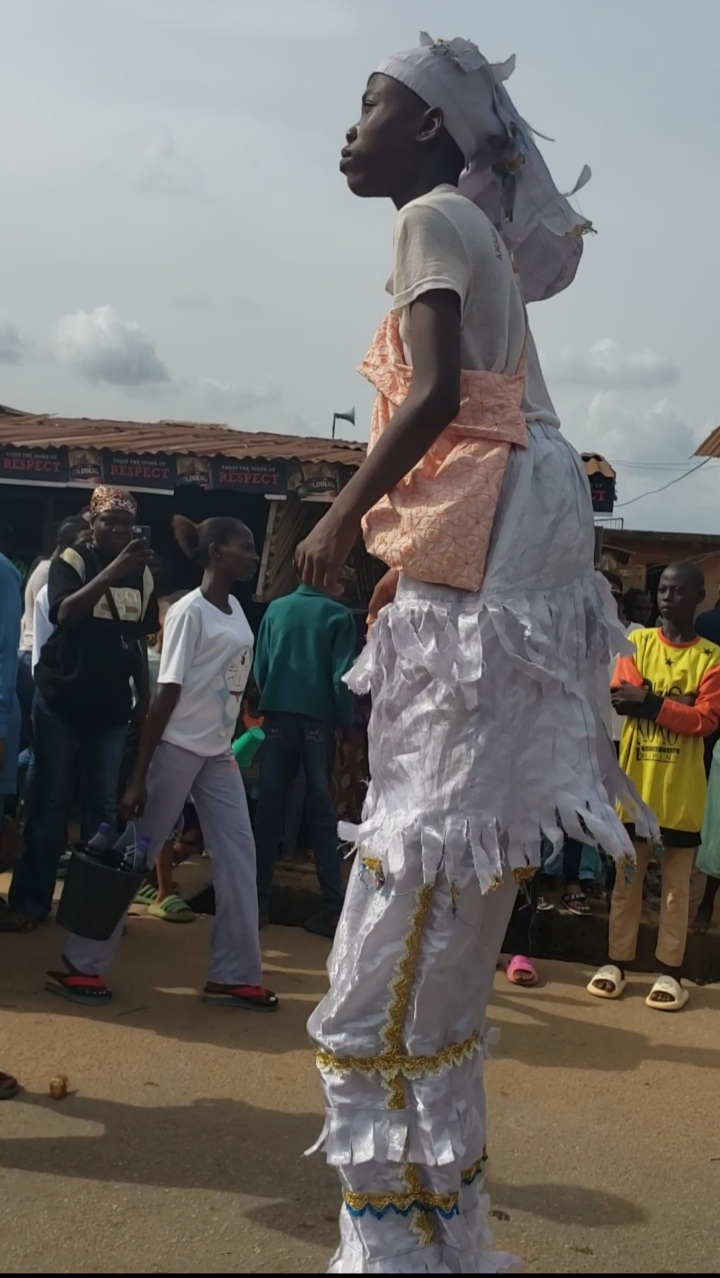

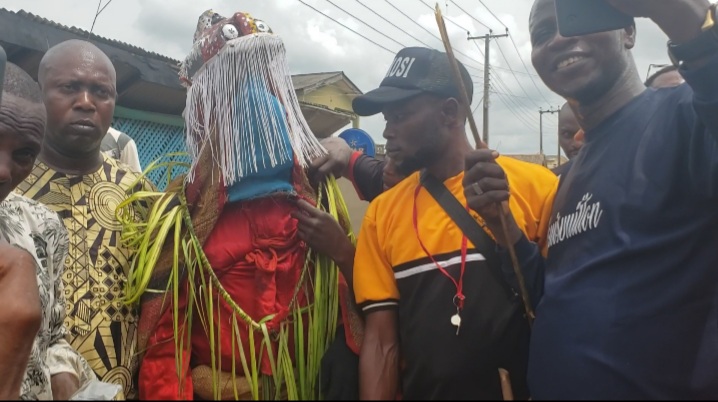
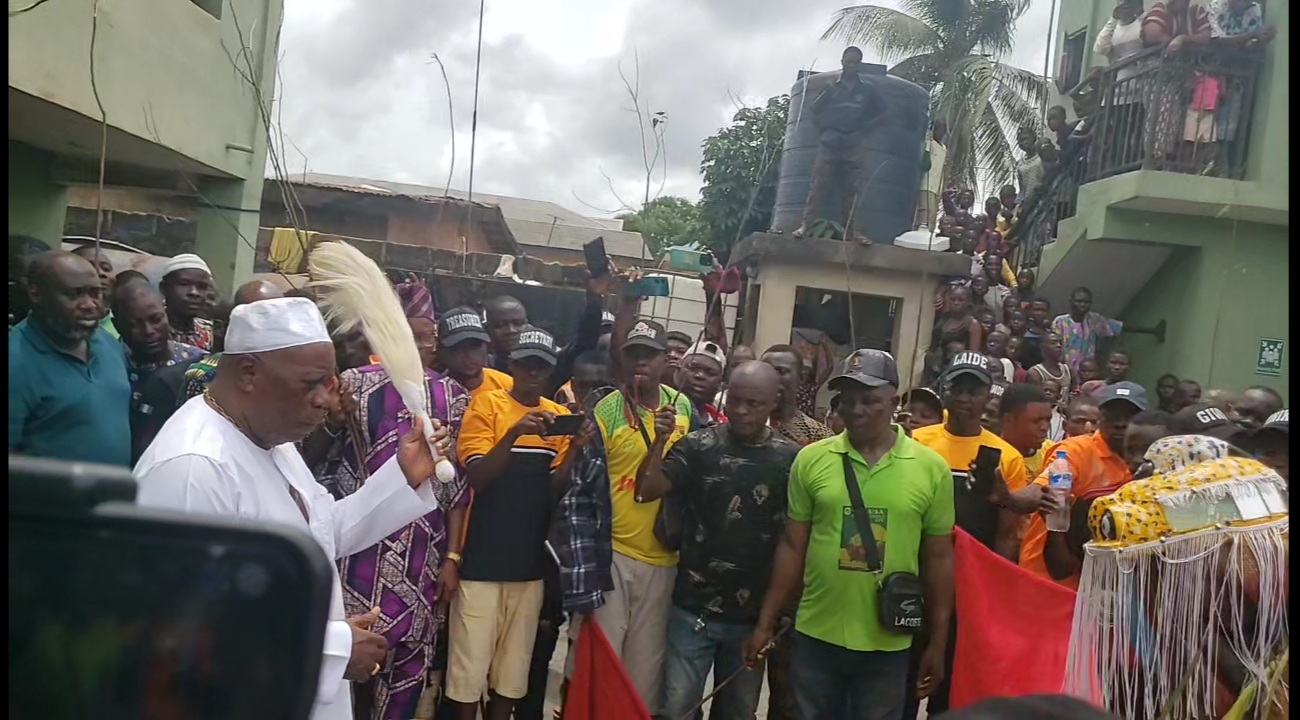
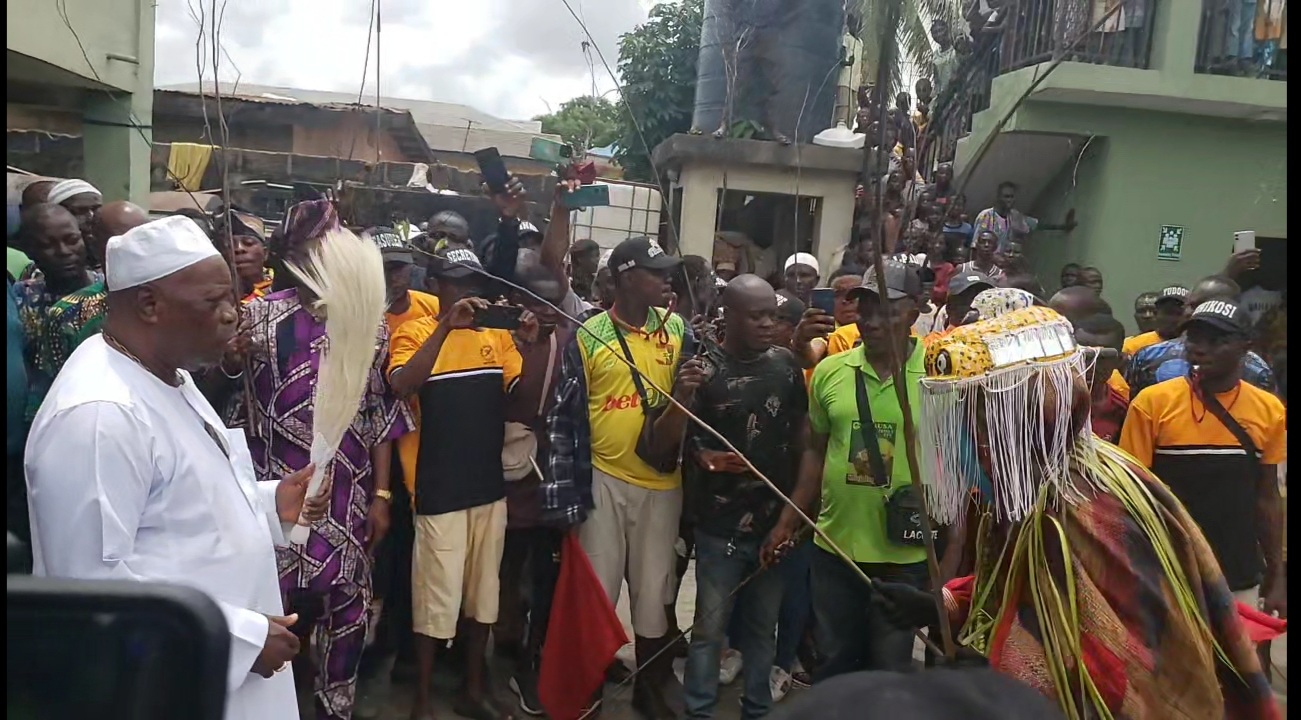
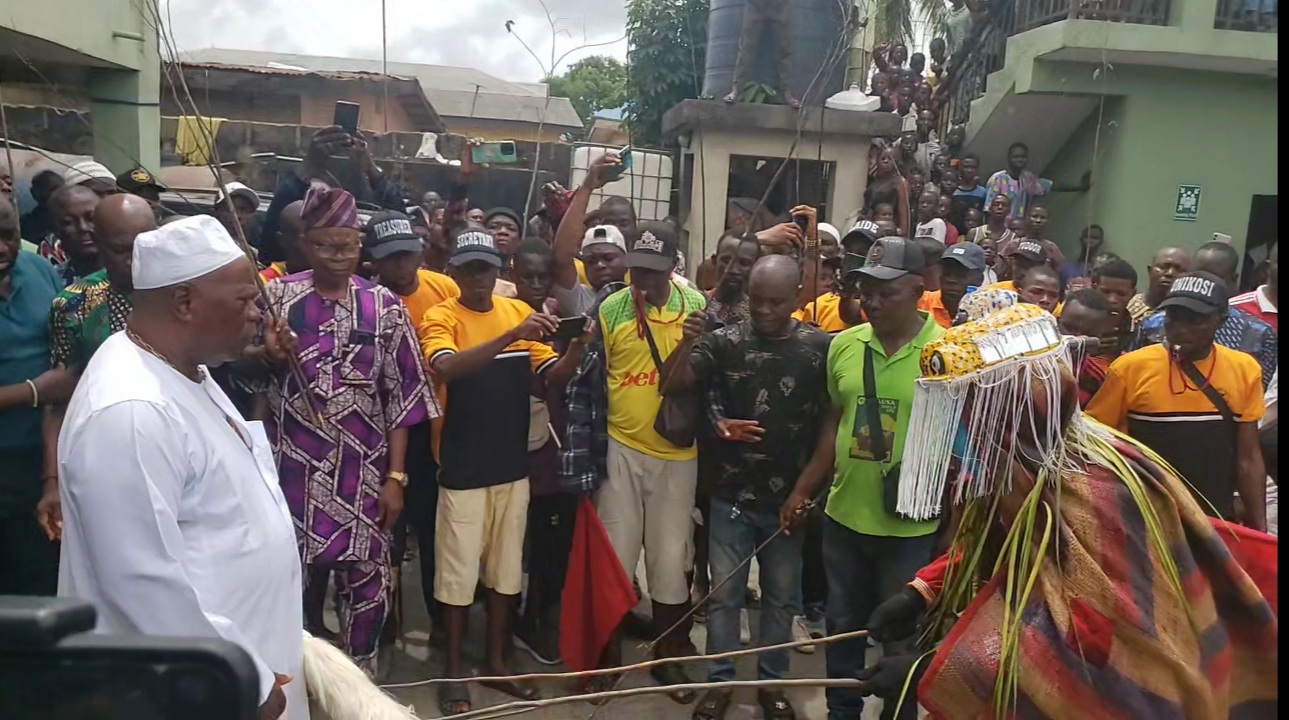

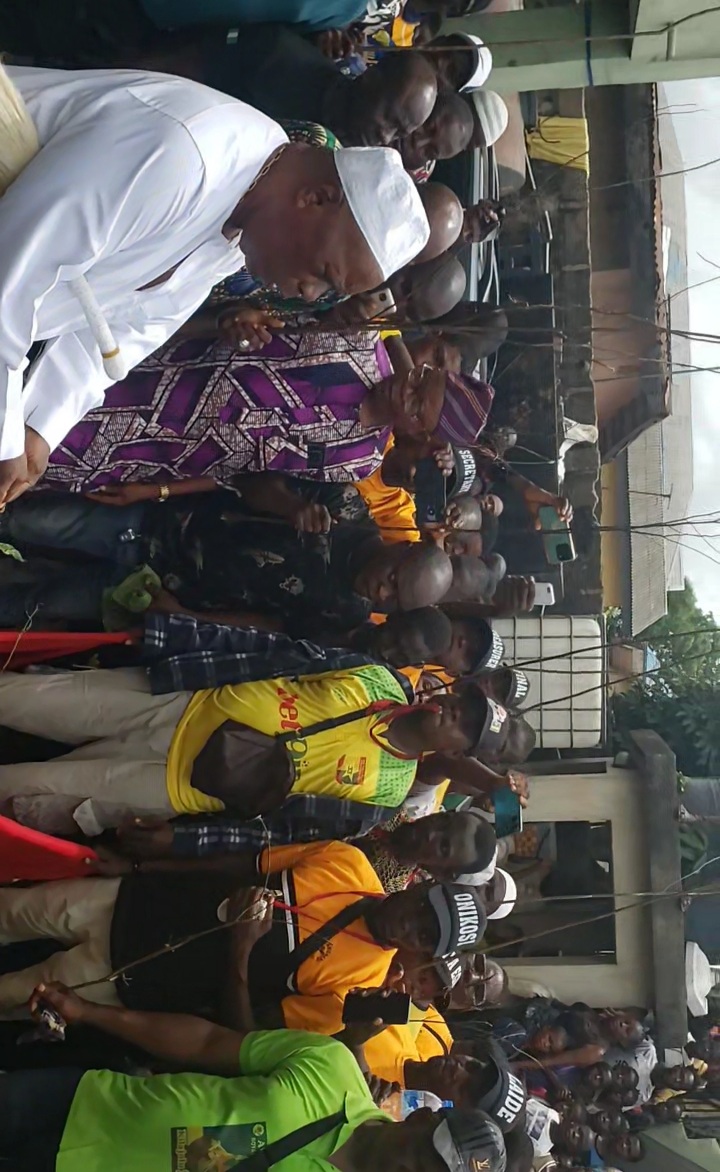
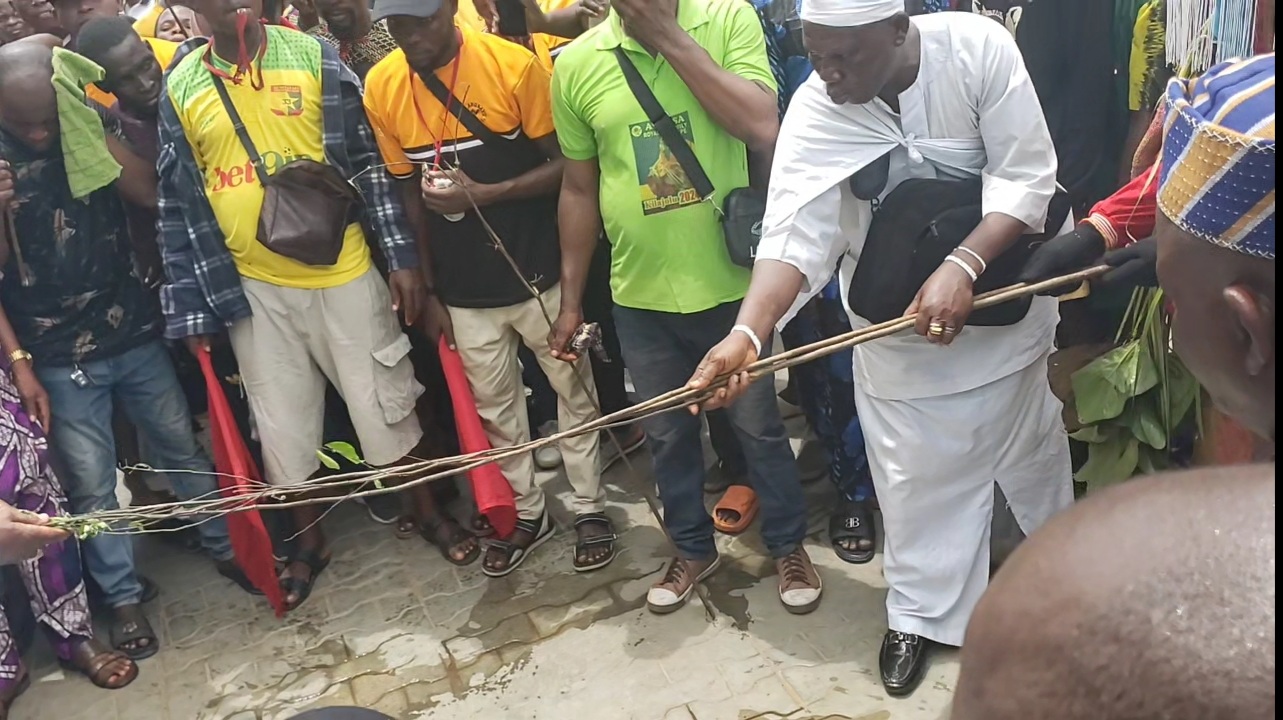
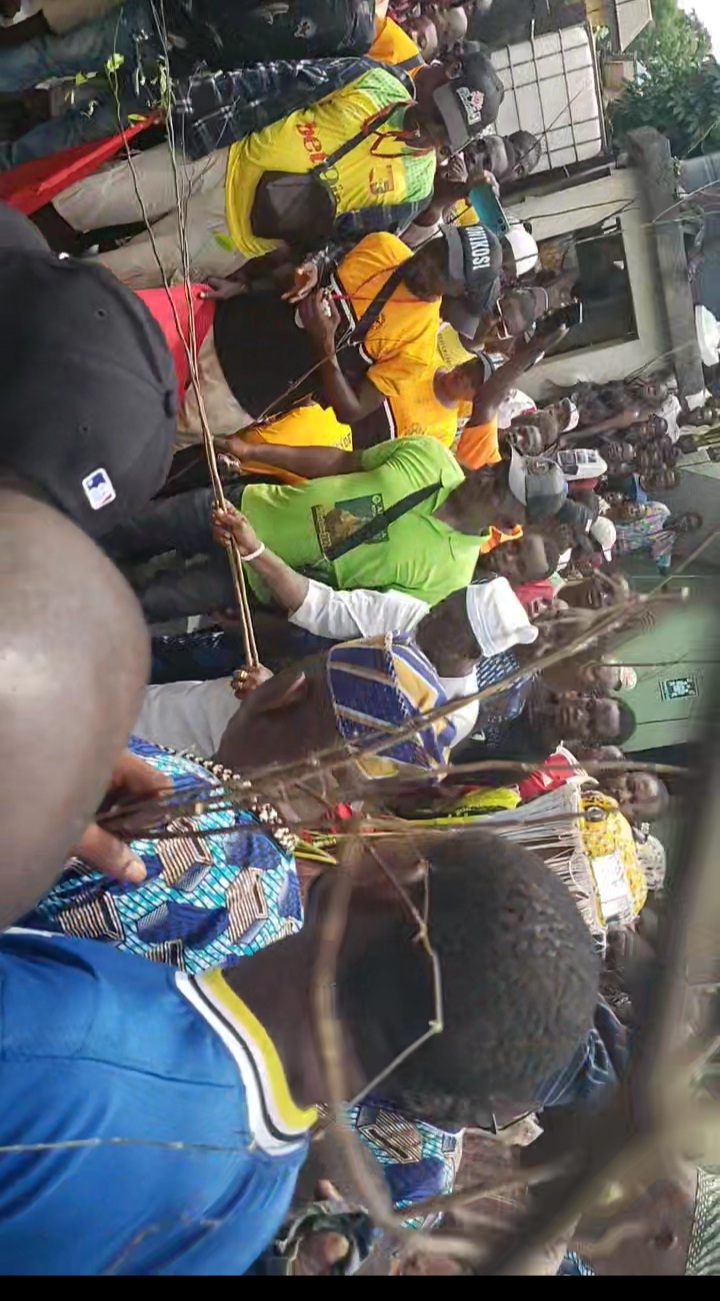
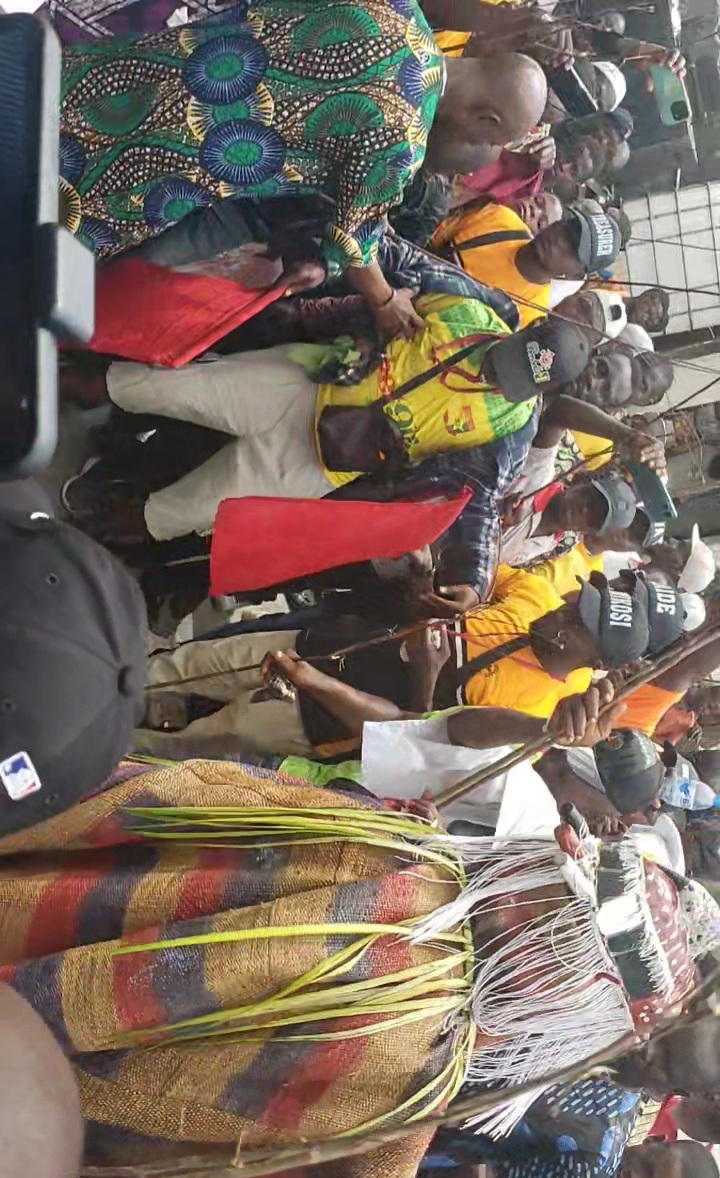
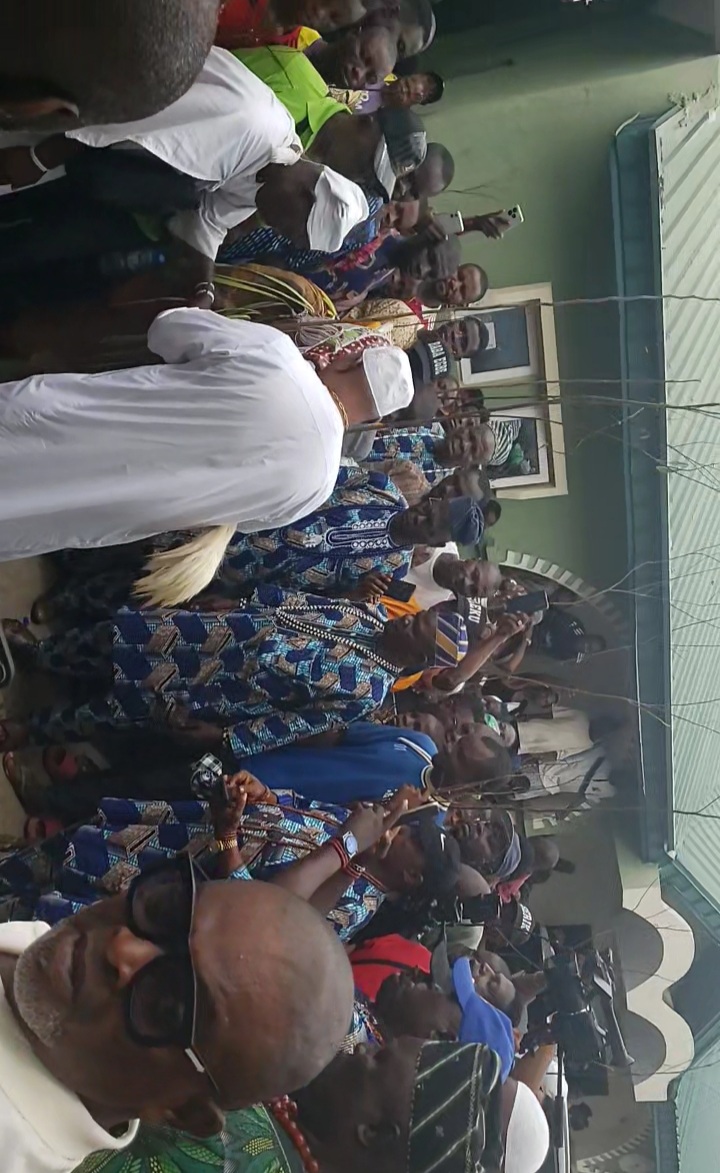
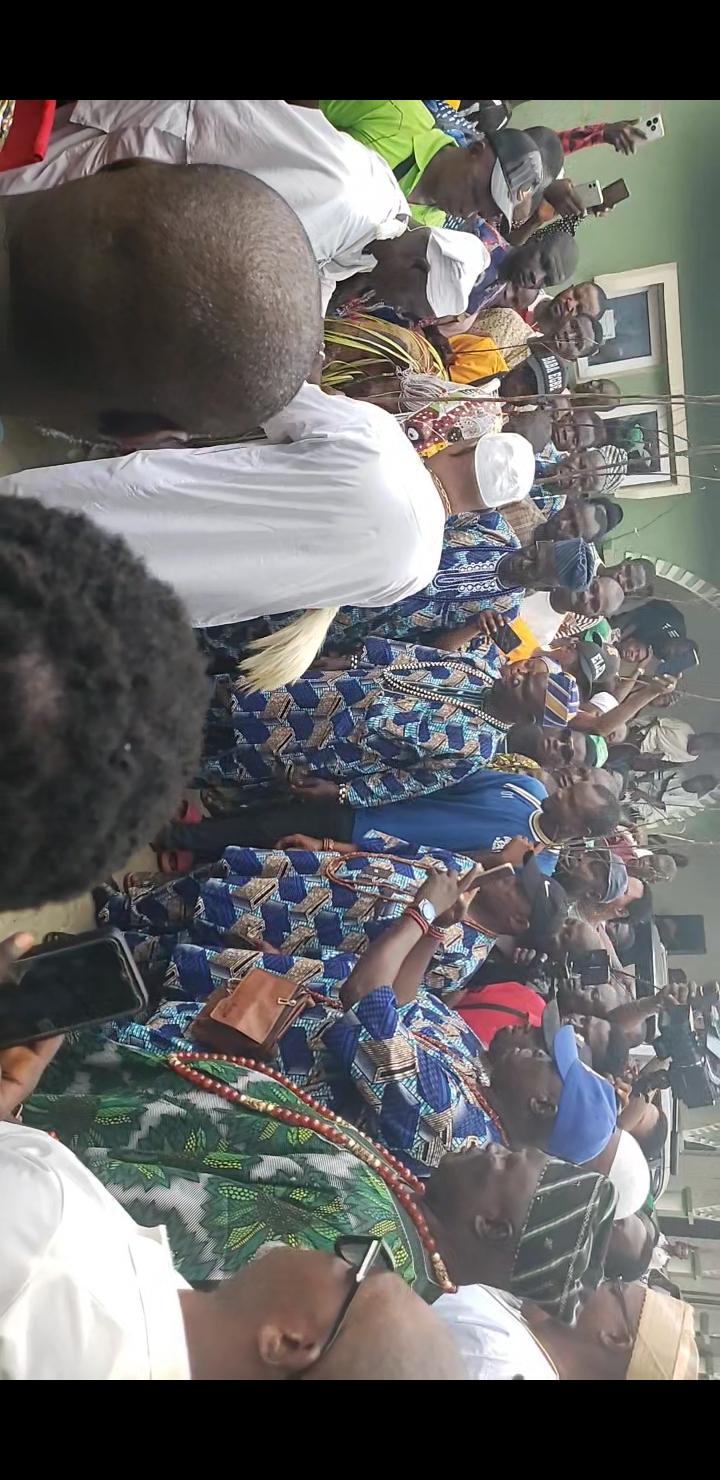
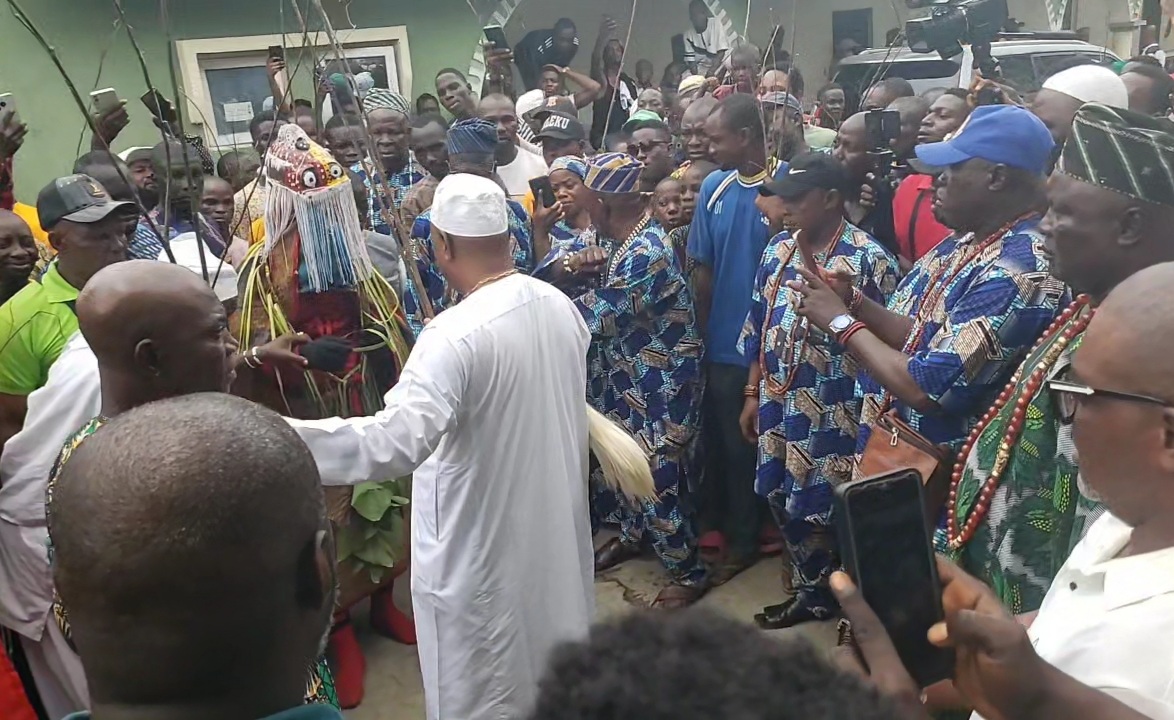

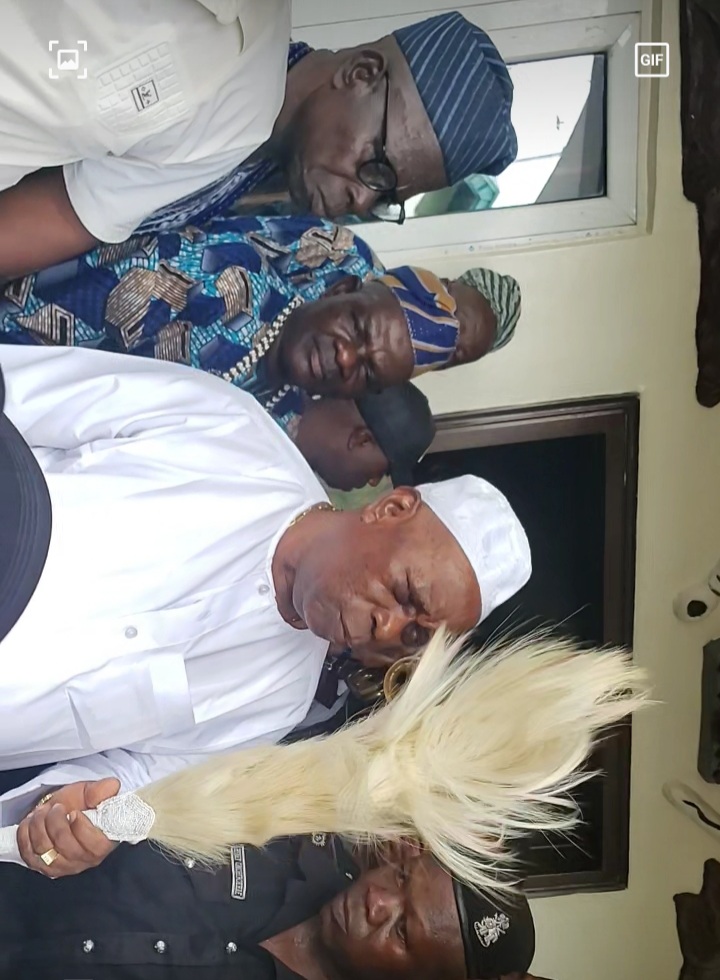

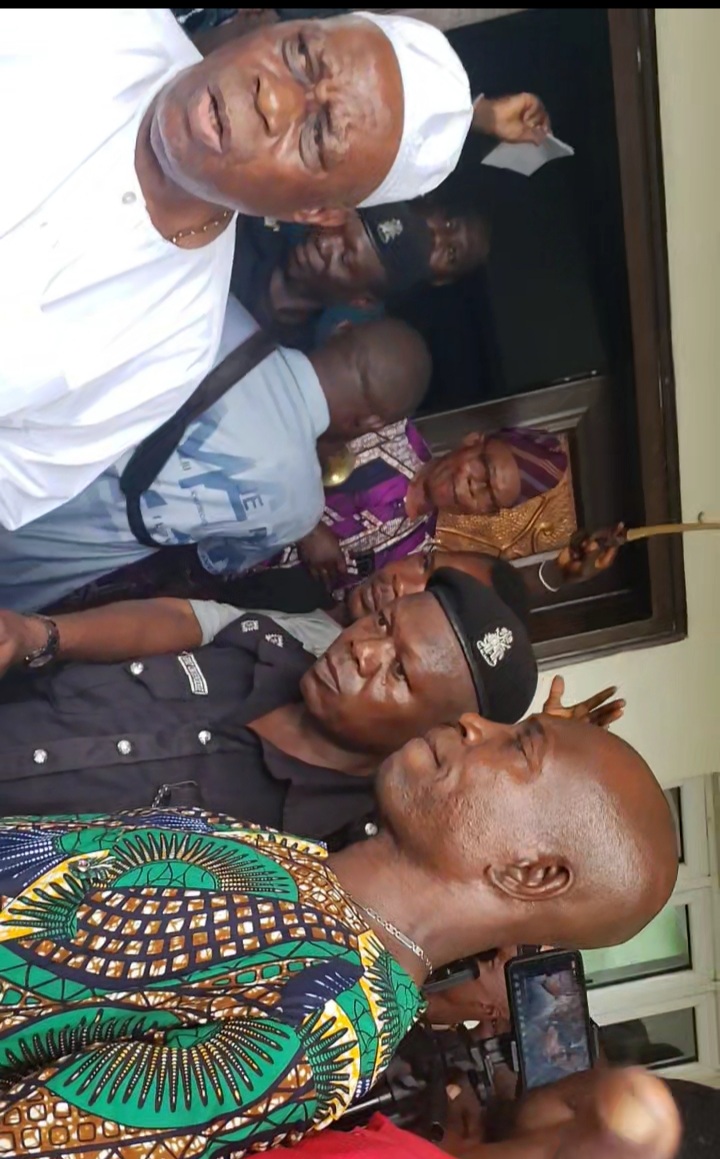
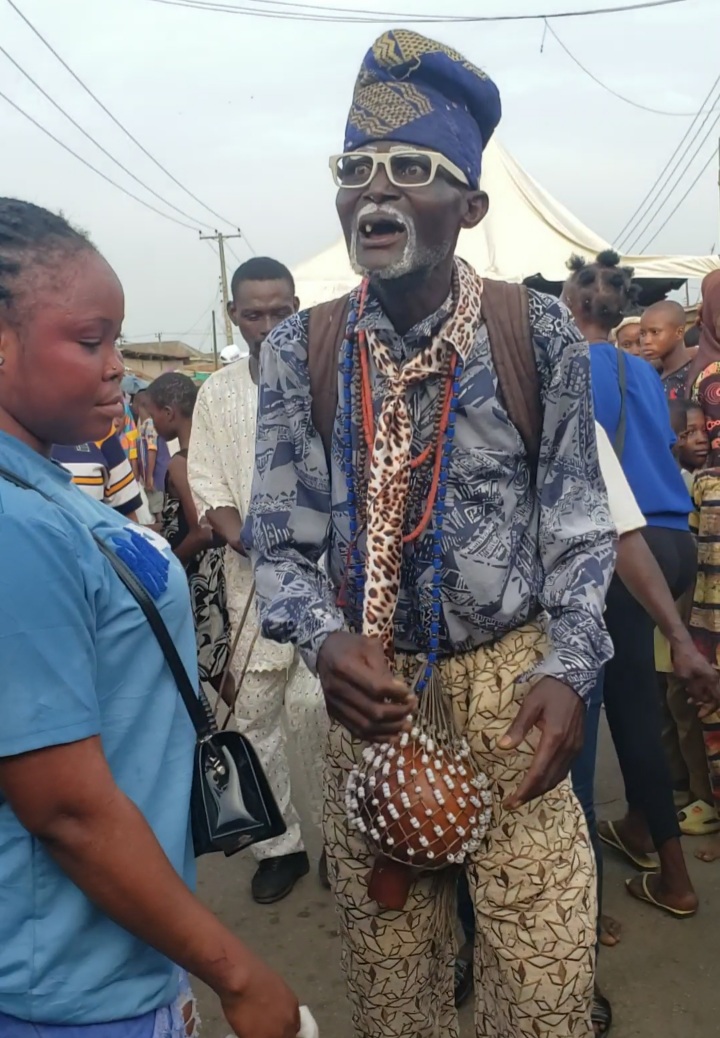
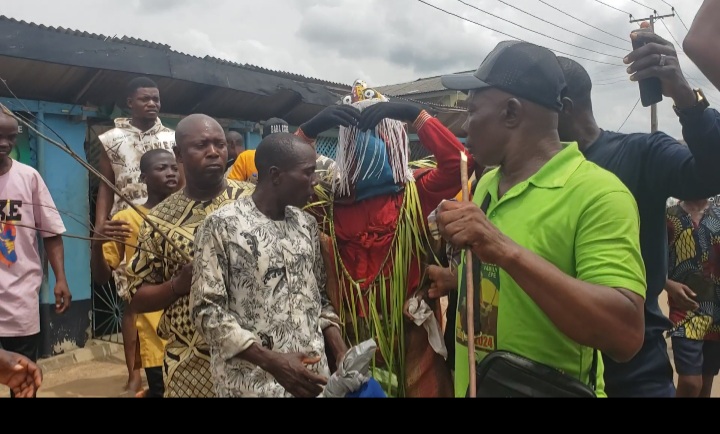
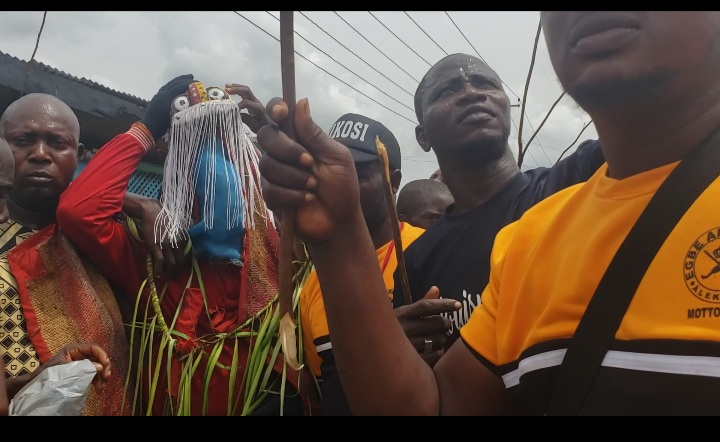

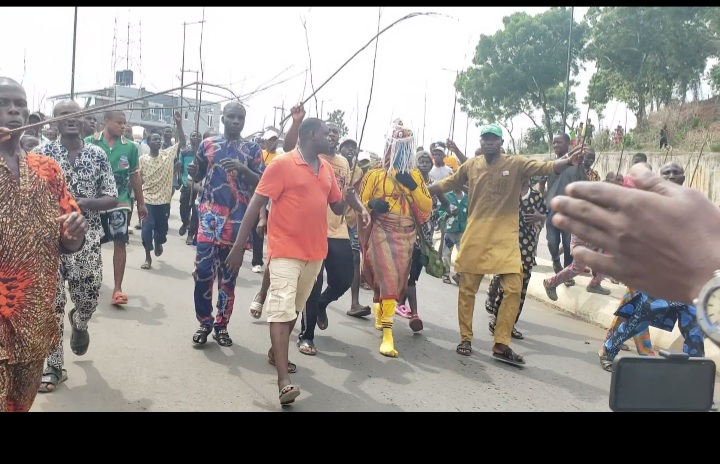
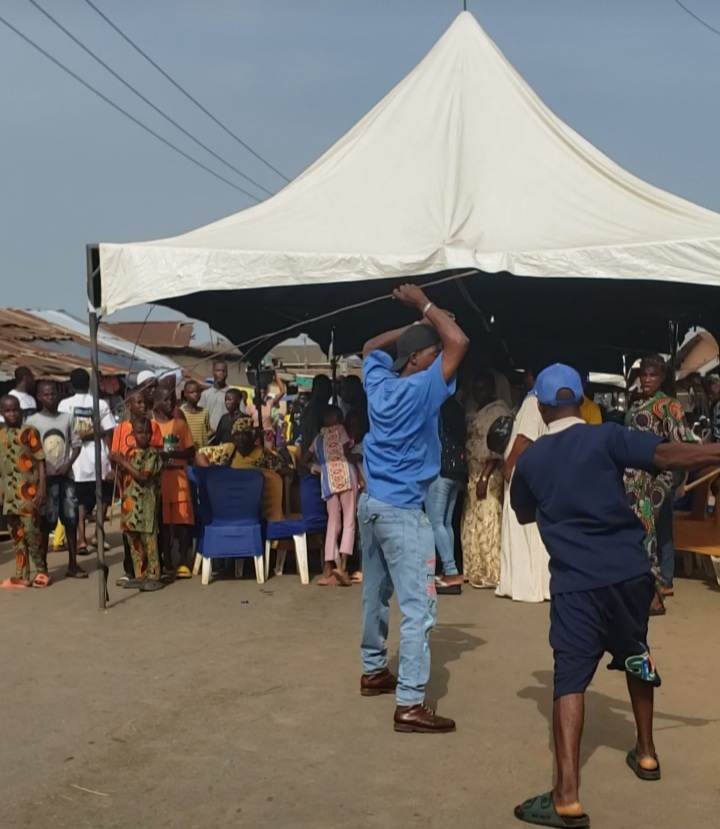
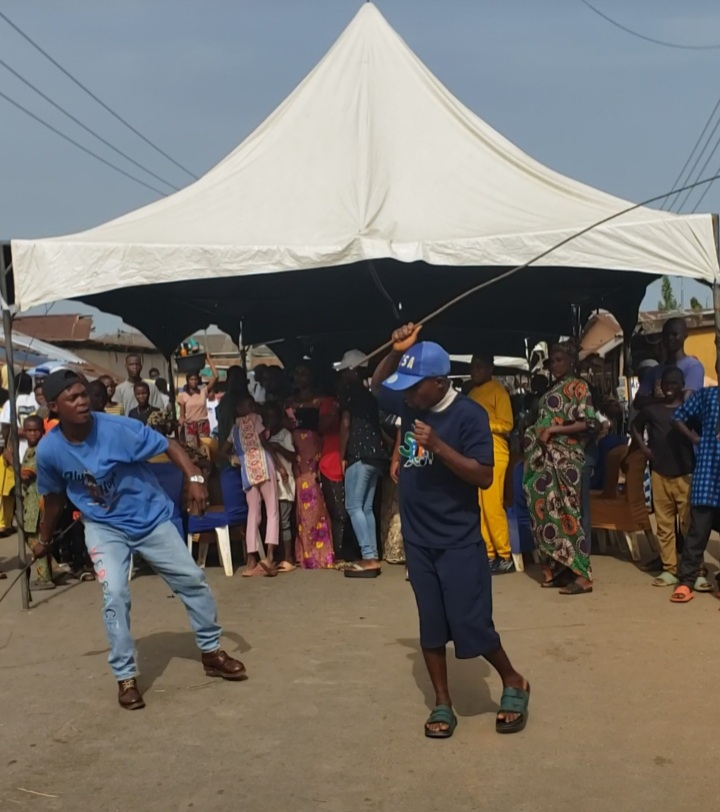
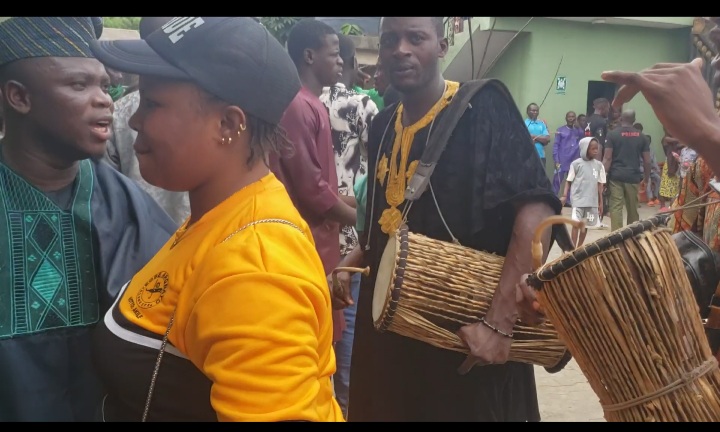





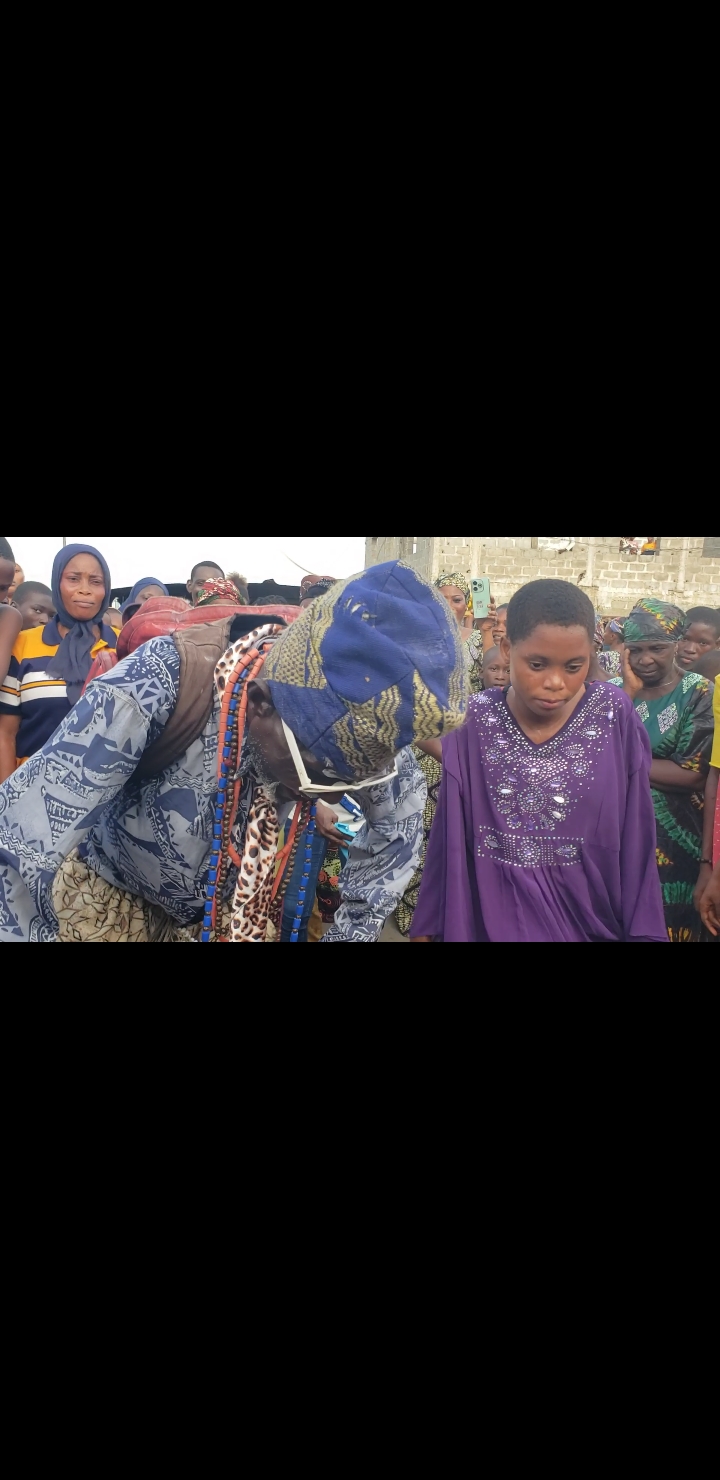



Click below to watch our video of the week:
Advertise or Publish a Story on EkoHot Blog:
Kindly contact us at [email protected]. Breaking stories should be sent to the above email and substantiated with pictorial evidence.
Citizen journalists will receive a token as data incentive.
Call or Whatsapp: 0803 561 7233, 0703 414 5611










